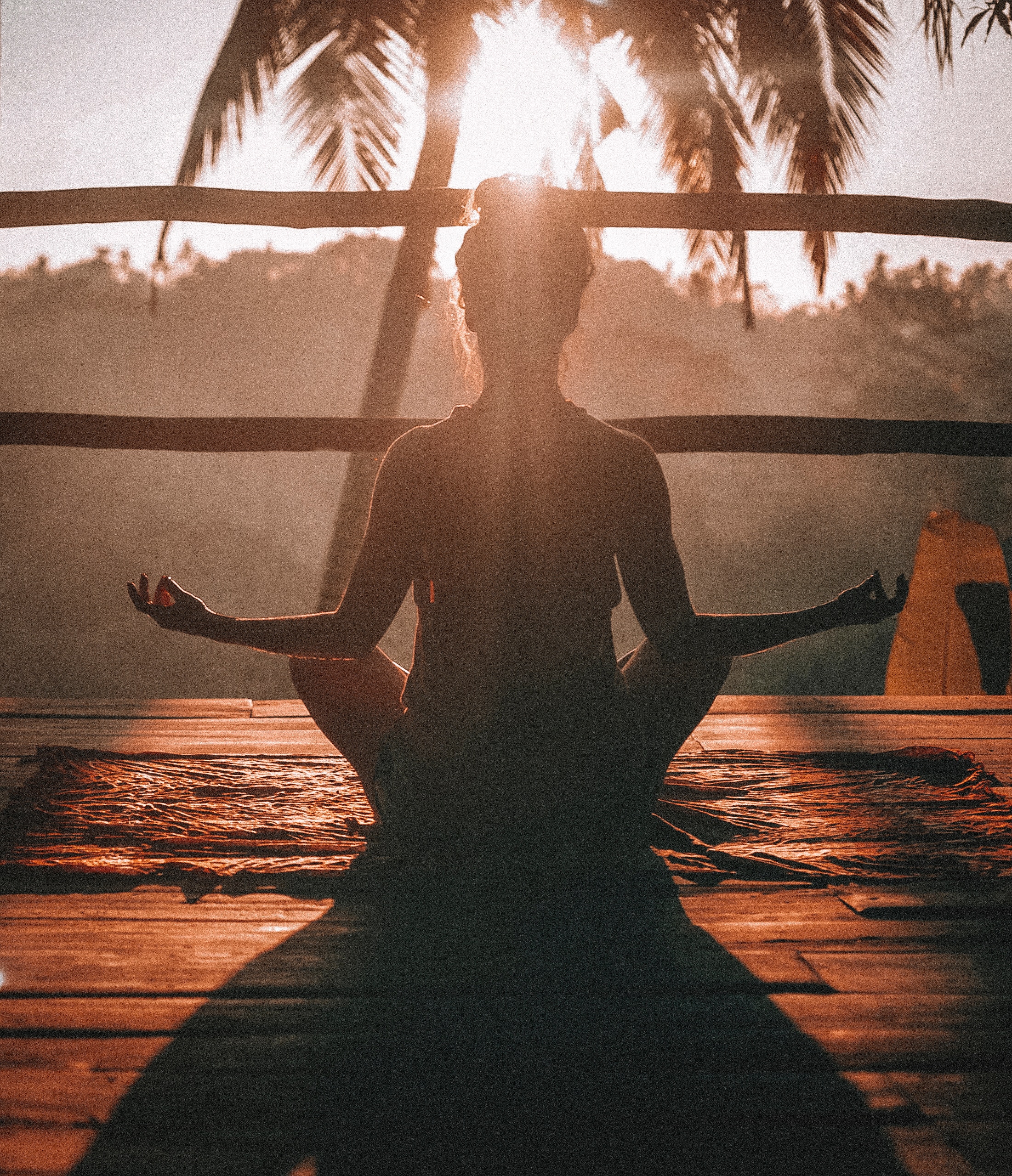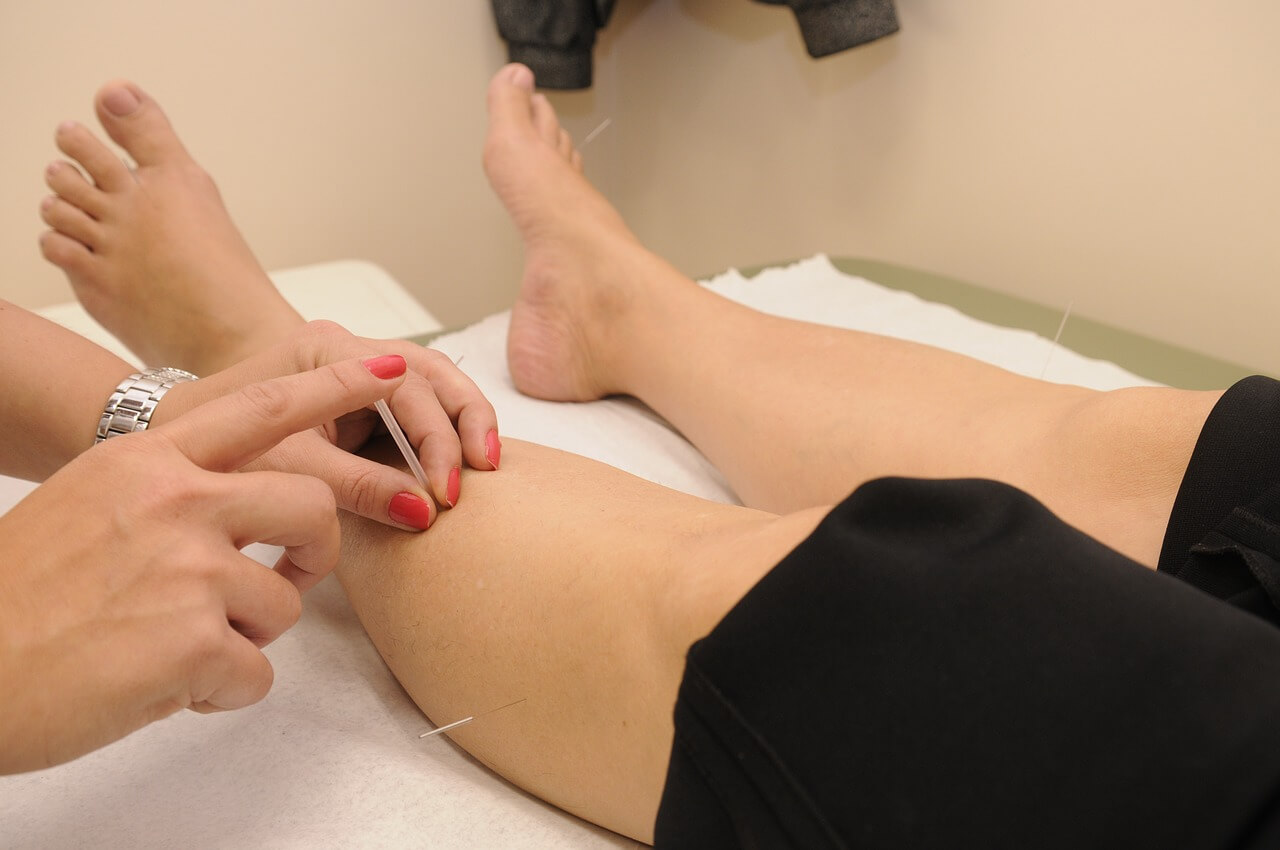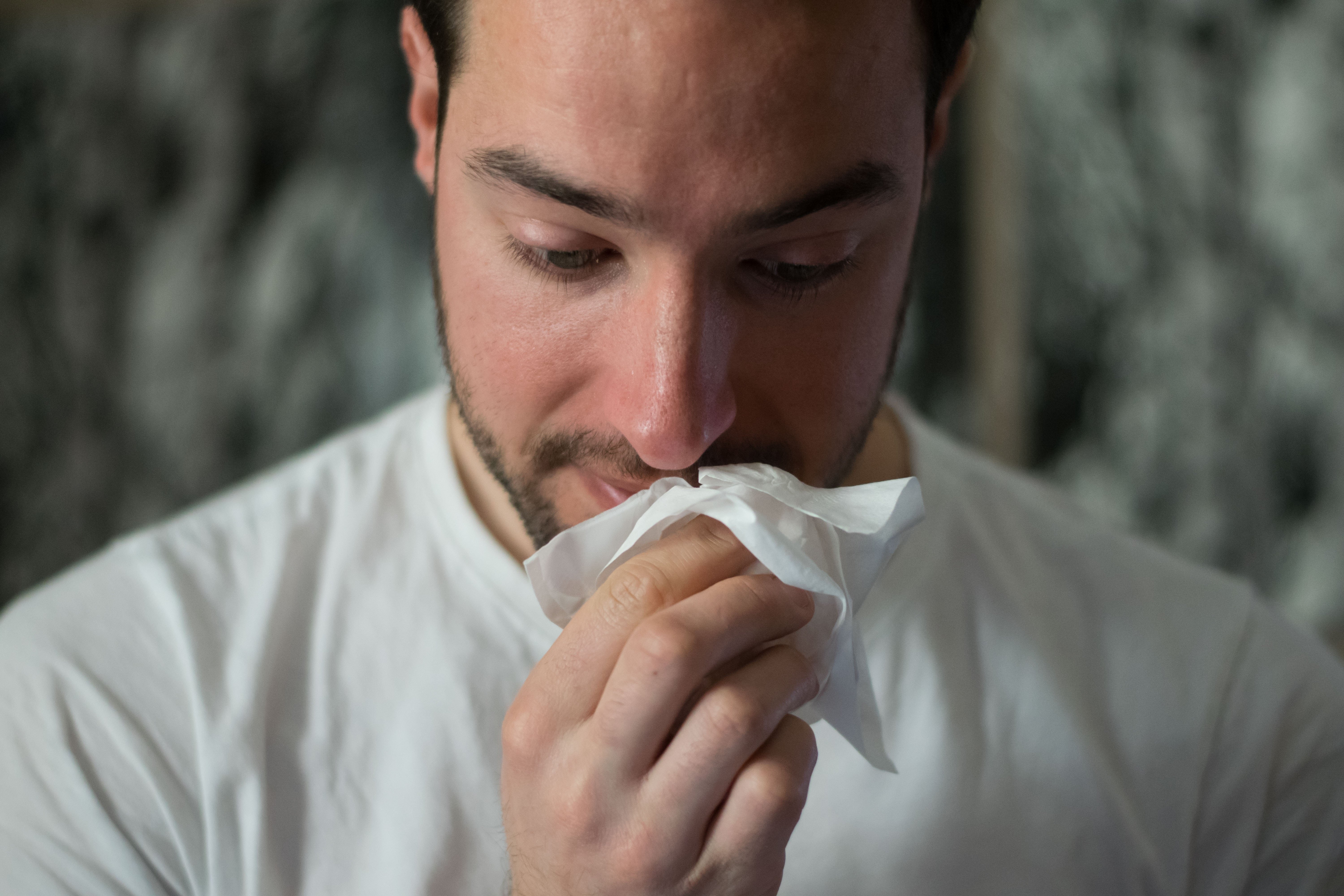Anxiety and How Acupuncture for Anxiety Works
Treating generalized anxiety disorder and its variations with integrative medicine can be accomplished using acupuncture for anxiety in conjunction with other techniques and treatments. We will look at some common causes and treatments of anxiety, and explore the research supporting acupuncture for anxiety.
What is "clinical anxiety"?
Anxiety and anxiety disorders occur in the united states at a rate of 1 in 6. The signs,  symptoms, and severity of the anxiety varies with each condition. Generalized anxiety disorder (GAD), for instance, is marked by the intrusiveness of the worry on your daily activities. When your stress and worry is persistent, intrusive, and debilitating you are considered to have generalized anxiety disorder. Sometimes the length of time you have the debilitating worry and stress is not that long and stems from specific events like divorce or financial strain. In these cases, you are considered to have more of an adjustment disorder rather than clinical anxiety or GAD. However, when the worry lasts for 3 or more months, it is considered, GAD. Other ways anxiety can manifest are as obsessive compulsive disorder, panic disorder, and post traumatic stress disorder. So what is it that makes one person react with so much stress and worry and others with much more ease? Other than medications, what sort of things can we look to for support with anxiety and stress?
symptoms, and severity of the anxiety varies with each condition. Generalized anxiety disorder (GAD), for instance, is marked by the intrusiveness of the worry on your daily activities. When your stress and worry is persistent, intrusive, and debilitating you are considered to have generalized anxiety disorder. Sometimes the length of time you have the debilitating worry and stress is not that long and stems from specific events like divorce or financial strain. In these cases, you are considered to have more of an adjustment disorder rather than clinical anxiety or GAD. However, when the worry lasts for 3 or more months, it is considered, GAD. Other ways anxiety can manifest are as obsessive compulsive disorder, panic disorder, and post traumatic stress disorder. So what is it that makes one person react with so much stress and worry and others with much more ease? Other than medications, what sort of things can we look to for support with anxiety and stress?
How stress turns into anxiety.
Simply put, stress comes about when our external reality does not cooperate with us. We expect something to go a certain way and it does not go that way. For example, one person has a differing perspective than us and we cannot convince them otherwise or, you are on your way to a meeting and you are stuck behind a particularly slow driver, etc. All these are examples of our external reality not fitting into our expectation of it. It is our resistance to this current reality and our projection of what will result from this reality which creates the stress. Those with anxiety may be acutely aware of this phenomenon but they cannot help but continue to resist and play out scenarios in their mind. This is the pathology that torments those with anxiety disorders. Contributing factors that can predispose someone to or precipitate someone into having an anxiety disorder include:
- Poor sleep or sleep disorder
- Poor nutrition or erratic eating pattern
- Alcohol abuse or other substance abuse
- Hormonal imbalances
- Acute or chronic toxic exposures to environmental toxins
Each of the above predisposes a person to anxiety by lowering the buffering capacity in our brains to deal with stress. Poor nutrition causes elevated cortisol and other stimulant hormones. Alcohol and other substances cause changes to the delicate neurotransmitter balance. Certain hormones (neurosteroids) have a large activity in the brain and when deficient can lead to hypersensitive stimulation. Environmental toxins cause changes to blood brain barriers and neuronal membranes. Each of the above factors are modifiable and therefore treatable aspects of anxiety. As integrative medicine doctors these would be items of interest to test for and treat, as many anxiety disorders will improve by doing so. Some people with anxiety disorders have a more organic imbalance in their neurochemistry. These casees require a more in depth treatment that addresses the neurotransmitters along with acupuncture and/or cognitive behavioral therapy. In combination with the above or alone, acupuncture is an excellent treatment for anxiety.
Phoenix acupuncture doctor discusses research on acupuncture for anxiety
Our phoenix acupuncture clinic often combines integrative medicine treatments with acupuncture but acupuncture alone has been a successful treatment for many mood disorders including anxiety. Along with our empirical evidence there have been several studies that confirm what we find in our practice, although the unflawed research is a bit sparse. In one study on post traumatic stress disorder, patients were randomized to receive cognitive behavior therapy, acupuncture, or watch and wait. The acupuncture group performed similar to the cognitive behavioral therapy with statistically significant symptom reduction. This reduction was maintained at a 3 month follow up visit. They concluded that a larger trial needed to be done to confirm this effectiveness.
In a similar vein, a systematic review found acupuncture to be effective to improve insomnia. There were statistically significant improvements in self reported sleep patterns in those getting acupuncture. Other similar results are reported on substance abuse, eating disorders, and chronic anxiety. While the above referenced trials and evidence are limited in scope (especially with regard to measuring anxiety directly), the results all point to acupuncture for anxiety having a positive effect. So how does it actually do this?
How acupuncture for anxiety works.
There are two ways to explain how acupuncture for anxiety works, the eastern medicine way and the western medicine way. In eastern medicine the healthy person is one that is in balance with nature and the world around them. Pathology occurs when this balance is disrupted. In most cases anxiety disorders are an excess of yang energy and deficiency of yin. To build the yin energy, relaxation techniques are important as are things like meditation, getting plenty of sleep, eating cooling foods, and getting acupuncture to sedate the yang energy. This is a general explanation that will hold true for most but there are several variations of how anxiety is treated with acupuncture.
In western medicine terminology acupuncture for anxiety is thought to work through several different mechanisms. The first and most similar to western medicine is it helps rebalance and regulate neurotransmitters, and some neurosteroids. It also works by down regulating stimulatory areas of the brain promoting relaxation. Acupuncture has also been shown to produce endorphins and enkephalins which promote activity of the parasympathetic nervous system (the part responsible for relaxation). Whether you use the western medicine explanation or eastern medicine, acupuncture for anxiety is a great treatment option for those suffering with an anxiety disorder or stress. Sometimes the energy of the day sticks with us and acupuncture helps shift that energy without any effort on your part. Over time acupucnture can reprogram and downregulate your response to stress and stressors. Along with the integrative medicine treatments it is a great approach for bringing the mental and physical body into balance.
To learn more about acupuncture for anxiety or other integrative treatment options, click on the link below for a free consultation with a phoenix acupuncture doctor.




















